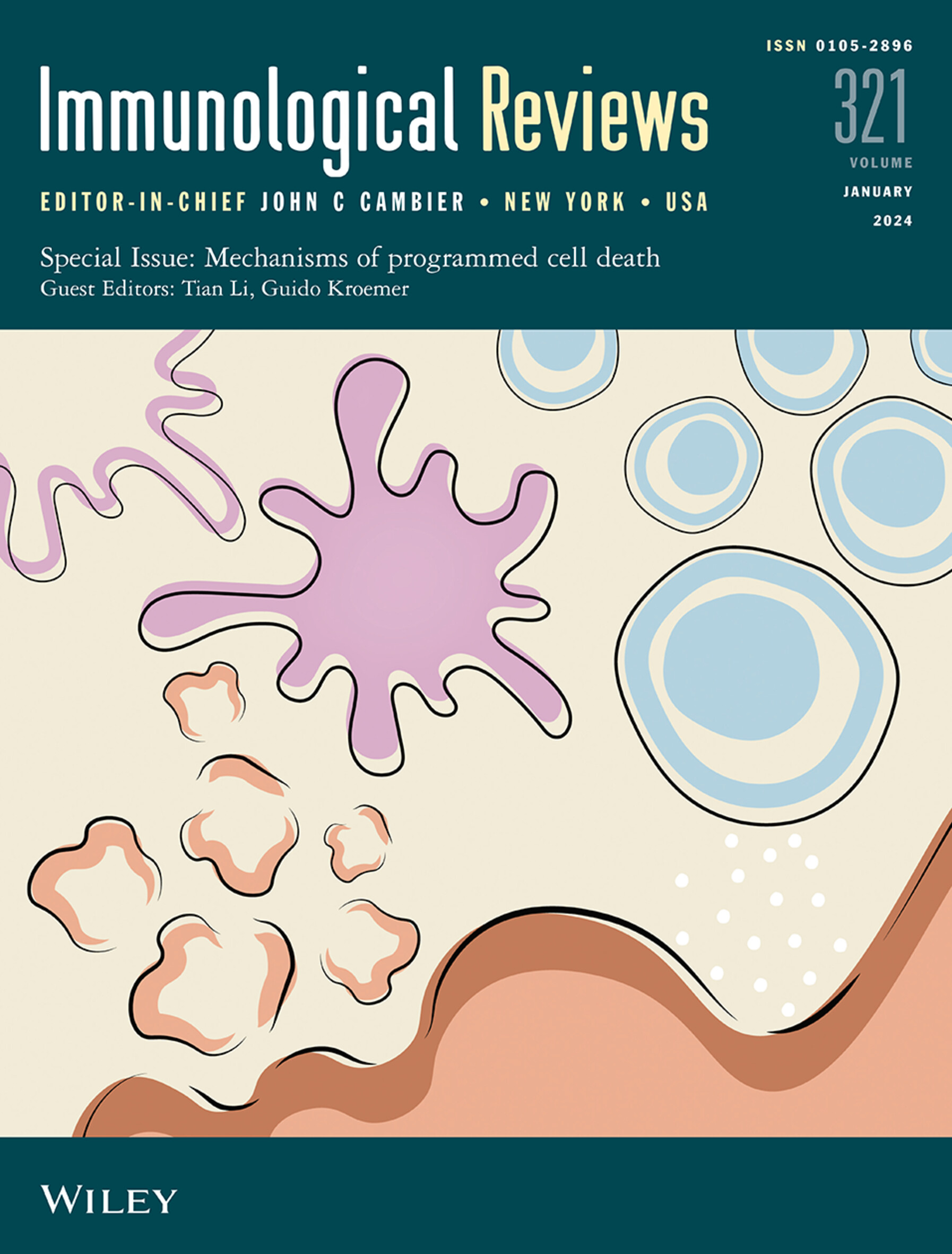Cancer immunity by tissue-resident type 1 innate lymphoid cells and killer innate-like T cells
Abstract
Cancer progression can be restrained by tumor-infiltrating lymphocytes in a process termed cancer immunosurveillance. Based on how lymphocytes are activated and recruited to the tumor tissue, cancer immunity is either pre-wired, in which innate lymphocytes and innate-like T cells are directly recruited to and activated in tumors following their differentiation in primary lymphoid organs; or priming-dependent, in which conventional adaptive T cells are first primed by cognate antigens in secondary lymphoid organs before homing to and reactivated in tumors. While priming-dependent cancer immunity has been a focus of cancer immunology research for decades, in part due to historical preconception of cancer theory and tumor model choice as well as clinical success of conventional adaptive T cell-directed therapeutic programs, recent studies have revealed that pre-wired cancer immunity mediated by tissue-resident type 1 innate lymphoid cells (ILC1s) and killer innate-like T cells (ILTCKs) is an integral component of the cancer immunosurveillance process. Herein we review the distinct ontogenies and cancer-sensing mechanisms of ILC1s and ILTCKs in murine genetic cancer models as well as the conspicuously conserved responses in human malignancies. How ILC1s and ILTCKs may be targeted to broaden the scope of cancer immunotherapy beyond conventional adaptive T cells is also discussed.

 求助内容:
求助内容: 应助结果提醒方式:
应助结果提醒方式:


